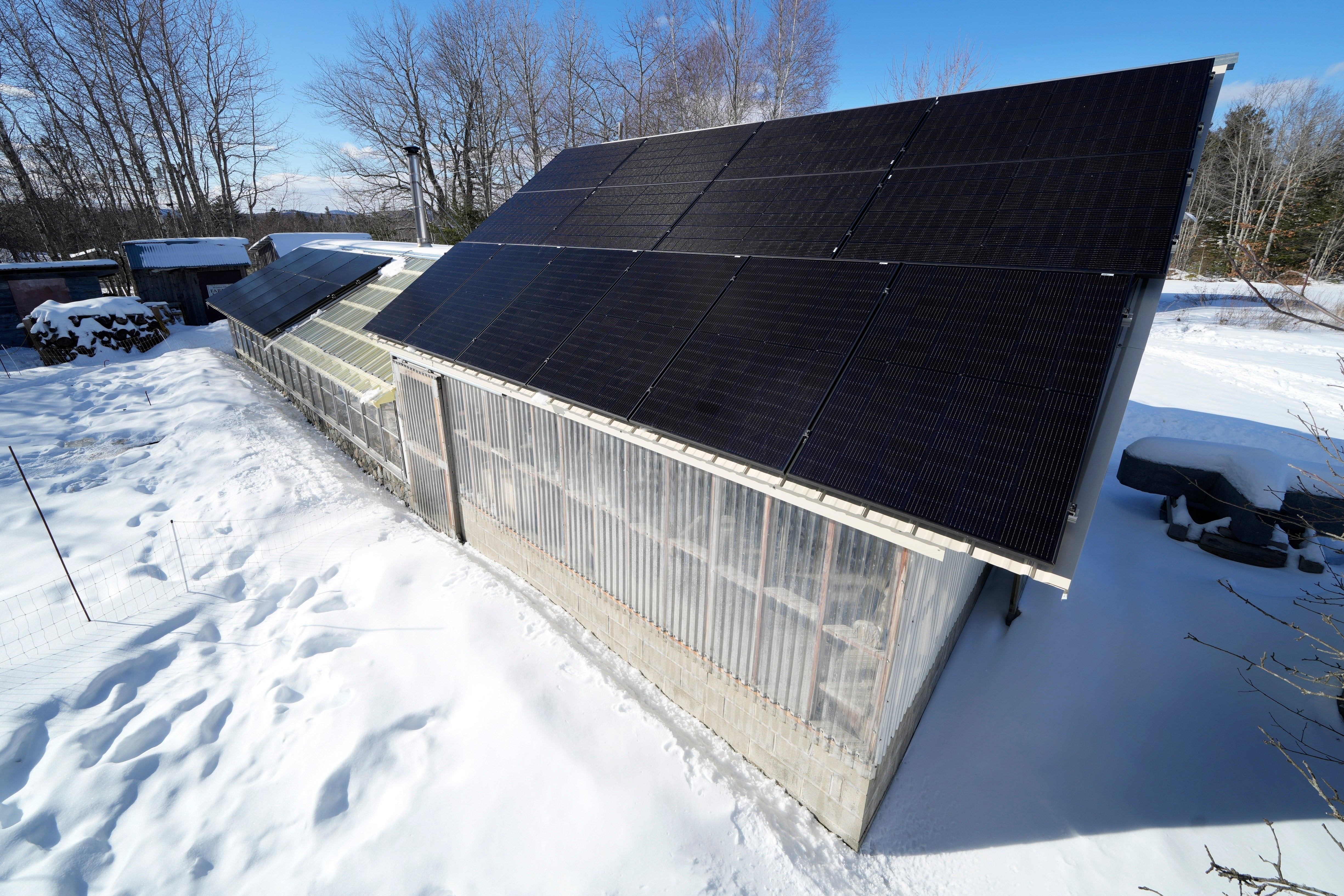The Independent's journalism is supported by our readers. If you submit a form or click links to other sites on this page, we will earn commission.?
Are solar panels worth it? The Independent’s guide to getting started
The price of panels has dropped in recent years, just as electricity prices have shot up.
If you’re sick of not knowing how much you’re going to have to spend on your electricity bill each month and you live in a house or have access to some land, fitting solar panels can be a good way to cut your spending.
The price of panels has dropped in recent years, just as electricity prices have shot up.
Scaffolding and labour prices have also risen, but solar can still make a good investment for many families.
Are solar panels worth it?
If you have space to install them, use electricity during the day, own your home, plan on staying there and are up for doing a little homework, then the answer is probably yes.
It can take up to 13 years to get a return on your solar panels, but this number can be slashed if you have a south-facing roof, live further south, use your savings to buy them rather than borrowing and paying interest, and use power during the day. They can also last for 30 years.
How to get started with solar panels
You’ll want to make sure you have the roof space to make it worthwhile. A typical three-bed home will need about 10 solar panels which need 20 square metres of space. If you want more power, you will need more panels.
Ideally, some or all of the roof in question will be south-facing and free from shade. You can use this handy calculator provided by the Energy Saving Trust to give you an indication of how much you could save.
Then, you need to get some quotes from reputable fitters.

Once you have a few quotes and asked them about different solar panel models, have a look at the panels themselves. There are many types, but they tend to be priced depending on their lifespan, efficiency, power output and guarantee.
If you’re going to the lengths of hiring scaffolders and fitters, it may be best to go for pricier panels with a 25-year guarantee, good efficiency and which will age slowly.
This ageing process is called degradation. Good cells will offer up to 90 per cent of their output after 30 years of use.
Should I borrow to get solar panels?
Maybe. Borrowing through installers can be expensive, with interest rates of up to 12 per cent being fairly common. If you can buy the panels and fitting outright, you will see a quicker return on your investment.
Since there are so many variables to consider when working out how long it will take to break even on an investment like solar panels – the cost of the work, current and future electricity prices, and when you use the power since you will be getting the cheapest power during daylight hours – it’s hard to give a definite answer to whether borrowing will work for you.
However, a household with a big roof, lots of panels and lots of people working from home and using the energy during the day, or charging up electric cars and using heat pumps at the same time, could see a benefit fast enough to justify the extra expense.

There are also cheaper loans available from banks and other high street names.
It could also be a good idea to use a credit card to pay at least part of the bill, as you’ll receive better consumer protections if something goes wrong. The usual caveat applies here though: make sure you pay off the credit card bill promptly to avoid paying high rates of interest.
Do I need to put solar panels on the roof?
No, you can ground-mount solar panels, which will be much cheaper since you won’t need scaffolding. The obvious downside is that you lose the use of the land if you do. Ground-mounted solar panels are likely to be in the shade more and are at greater risk of damage.
Should I get a solar panel battery?
For many, the problem with solar power is that the energy is available during the day when it’s generally not needed as much. Using solar panels to charge a battery, which then powers your lighting, heating and appliances in the evening, could be a good idea.
Batteries don’t last as long as solar panels and it can cost as much as an extra 50 per cent of the cost of your solar array to buy one.
If you want to get off the grid, batteries are a good idea. As a purely money-saving investment, they’re much more difficult to quantify.
If you can get a decent rate selling your unused energy to the grid and you don’t mind switching to get the best deal for that, then it may be best to wait until battery prices fall further.



Join our commenting forum
Join thought-provoking conversations, follow other Independent readers and see their replies
Comments